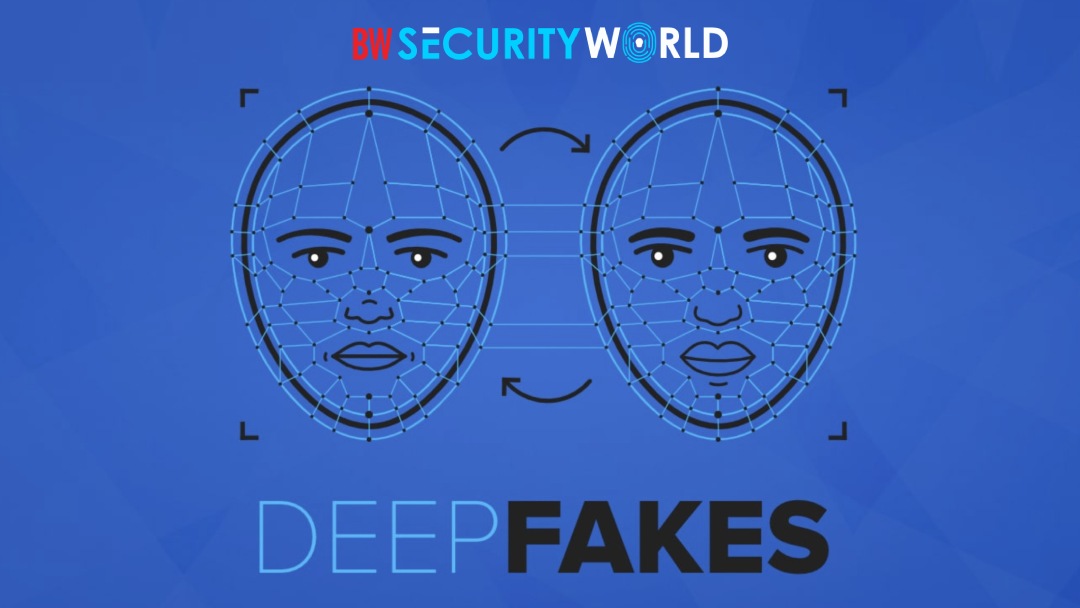The Inception of Deepfake technology has raised significant security concerns particularly for women, sophisticated manipulations of videos that are nearly indistinguishable from authentic footage, pose multifaceted risks ranging from personal privacy violations to broader societal concerns.
At its core, deepfake technology utilises artificial intelligence to create realistic video forgeries. These forgeries can be generated through two primary methods: image creation and morphing. Image creation involves a neural network generating entirely new images based on existing facial samples, while morphing combines or overlays facial features onto existing footage, often resulting in deceptive videos. The evolution of deepfake technology has led to increasingly convincing creations, blurring the line between reality and fabrication.
Ms. Roopali Mehra, Governing Council Member, Global Cybersecurity Association, highlighted “Deepfakes represent a grave danger to women’s online safety. The alarming prevalence of deepfakes, predominantly aimed at women, is a disturbing trend. These malicious creations can be wielded for harassment, humiliation, and, in the most sinister cases, to sabotage careers. At the GCA, we’re actively collaborating with technology firms and policymakers to craft effective solutions for detecting and eradicating deepfakes. Simultaneously, we advocate for robust legislative measures to hold perpetrators accountable for their actions. Safeguarding women’s online well-being remains a top priority for us”.
One of the most concerning aspects of deepfakes, especially for women, is their potential for use in image-based sexual violence. This form of abuse, also known as revenge porn, involves the dissemination of sexually explicit material without consent. Deepfake technology amplifies the threat by enabling the creation of realistic videos depicting individuals engaging in explicit acts, even if they never occurred in reality. The consequences for victims can be devastating, including professional repercussions such as loss of employment and educational opportunities, as well as severe emotional distress and threats to physical safety.
The threat posed of deepfakes extends beyond personal harm, since it can misused to encompass broader security implications. Strategic deployment of deepfakes has the potential to destabilise international relations, influence elections, and discredit political opposition. In authoritarian regimes, deepfakes can be wielded as tools of suppression, targeting opposition movements and undermining their credibility. The manipulation of public perception through deepfakes, combined with the viral nature of social media, presents a formidable challenge to national and international security.
Recent incidents like fabricated videos of Bollywood actresses Katrina Kaif and Rashmika Mandhana shows the gravity of the threat posed by deepfakes. From attempted coups triggered by fabricated videos to political scandals fueled by malicious forgeries, the impact of deepfakes on societal stability cannot be overstated. In particular, women in positions of authority or activism are vulnerable targets, susceptible to defamation and character assassination through the dissemination of falsified content.
Addressing the security implications of deepfakes requires a multifaceted approach. Legislation must be enacted to criminalise the creation and dissemination of deepfake content without consent, with robust enforcement mechanisms to hold perpetrators accountable. Educational initiatives are also crucial to raise awareness about the prevalence and potential dangers of deepfakes, empowering individuals to recognize and mitigate the risks posed by this technology.
Mr. Ritesh Chopra, India Director, Norton emphasised on the grave concerns regarding growing threat to modesty of women “Deep Fakes are a serious risk to women’s online safety, as social and digital media are so widely used, malicious actors can use them to propagate false information or participate in revenge pornography, romance scams, impersonation, etc., harming victims and disturbing their mental health beyond repair. At Norton, we understand that to battle this expanding threat and protect women’s security and dignity in the digital sphere, strong cybersecurity measures and public awareness efforts are desperately needed. Safeguarding women remains top priority for us. Through advanced detection algorithms and proactive security measures like Dark Web Monitoring, Norton works tirelessly to mitigate the risks posed by digital deception, empowering women to navigate the internet safely and securely’’.
Moreover, collaboration between governments, technology companies, and civil society organisations is essential to develop countermeasures against deepfake proliferation. This includes investing in advanced detection algorithms capable of identifying fraudulent content, as well as promoting media literacy initiatives to equip individuals with the skills to critically evaluate online information.
Ultimately, the fight against deepfakes is not merely a technical or legal challenge but a societal imperative. By safeguarding the integrity of digital content and protecting the rights and security of women, we can mitigate the harmful impact of deepfake technology and uphold the principles of privacy, autonomy, and gender equality in the digital age.





